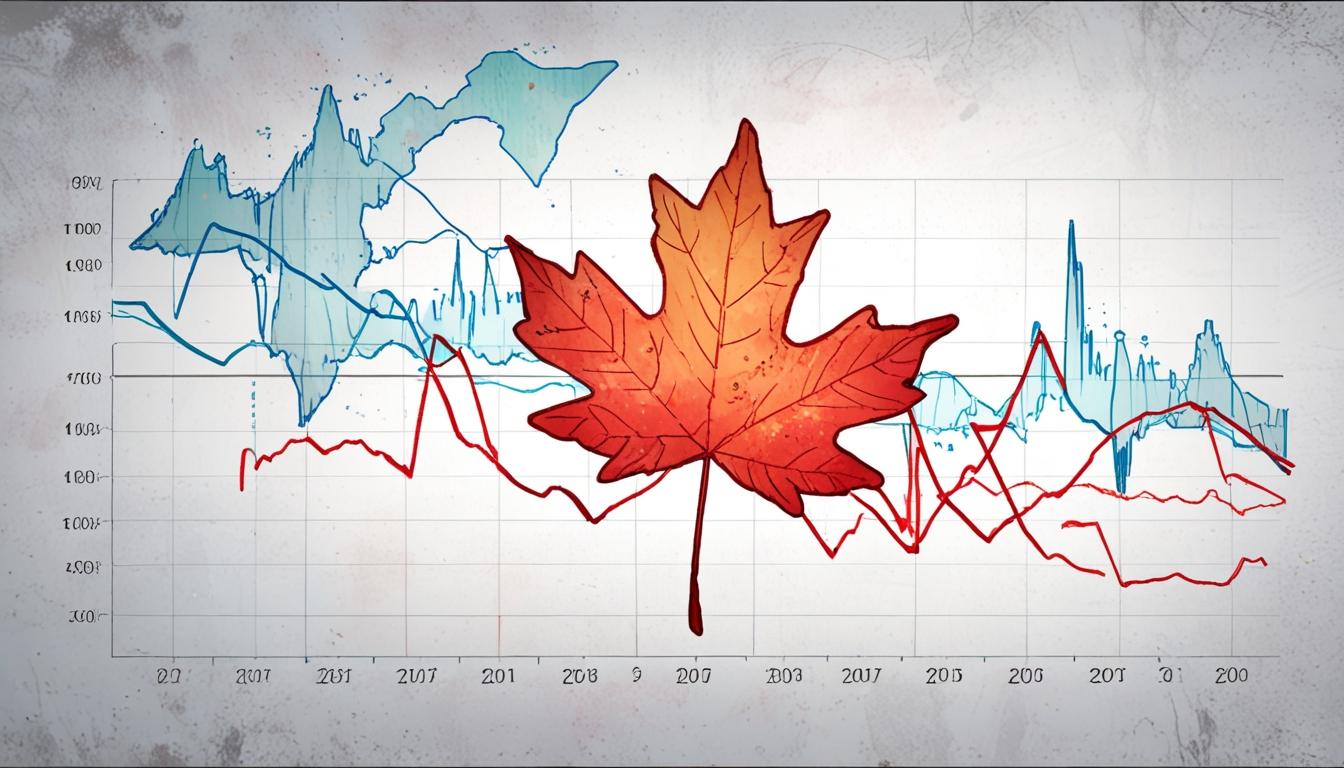Canada has announced a pause on mandated corporate climate disclosures, a move attributed to the heightened uncertainties and economic challenges stemming from the current global landscape. This decision was officially communicated by the Canadian Securities Administrators (CSA) and Alberta Securities Commission, with Stan Magidson, chair of both organisations, highlighting the rapidly shifting global economic and geopolitical conditions. Speaking to Trellis Group, Magidson said, “In recent months, the global economic and geopolitical landscape has rapidly and significantly changed, resulting in increased uncertainty and rising competitiveness concerns for Canadian issuers. In response, the CSA is focusing on initiatives to make Canadian markets more competitive, efficient and resilient.”
The decision arrives amid a backdrop of escalating tariffs between Canada and the United States. President Trump's administration imposed a 25 percent tariff on steel and aluminium, as well as goods related to the fentanyl crisis. Canada countered with retaliatory measures valued at $21 billion against U.S. goods. These tensions have contributed to concerns over potentially narrower profit margins for Canadian businesses, leading to the conclusion that the costs associated with corporate climate disclosure are currently unaffordable.
Despite the pause, a significant number of Canadian companies—at least 1,300—are still obligated to submit climate-related reporting to the European Union in the coming three years due to EU regulations. Furthermore, this pause in disclosures by Canada fits within a broader global trend where regulatory approaches to climate disclosure are being reconsidered. Earlier in 2024, the U.S. Securities and Exchange Commission (SEC) suspended court actions supporting its own corporate climate disclosure mandates, while the EU implemented an omnibus package that scaled back the scope of its Corporate Sustainability Reporting Directive (CSRD) and Corporate Sustainability Due Diligence Directive.
Not everyone in Canada supports the suspension of mandatory disclosures. Wendy Berman, incoming chair of the Canadian Sustainability Standards Board, which finalised sustainability disclosure requirements in December 2024, commented on the ongoing demand for reliable sustainability information. “We recognize that regulatory approaches may evolve in response to market conditions, but the demand for credible, comparable sustainability information continues to grow — both globally and at home,” she said to Trellis Group. This highlights a continuing appetite for sustainability reporting despite regulatory pauses.
Environmental Defence Canada expressed concerns about the implications of delaying preparations for climate-related requirements. Julie Segal, senior manager of climate finance at the organisation, stated, “Postponing requirements for businesses to get prepared for climate change and align with positive climate action will only leave businesses less prepared, investors less informed and Canada’s economy less competitive.”
The Treasurer Group reports that the full impact on Canadian businesses remains uncertain given the intersection of various international regulations and market demands. The ongoing obligations to the EU and changes in other jurisdictions suggest that, for many companies, emission data collection and sustainability reporting will continue to be a critical and evolving part of their operational landscape.
Source: Noah Wire Services
